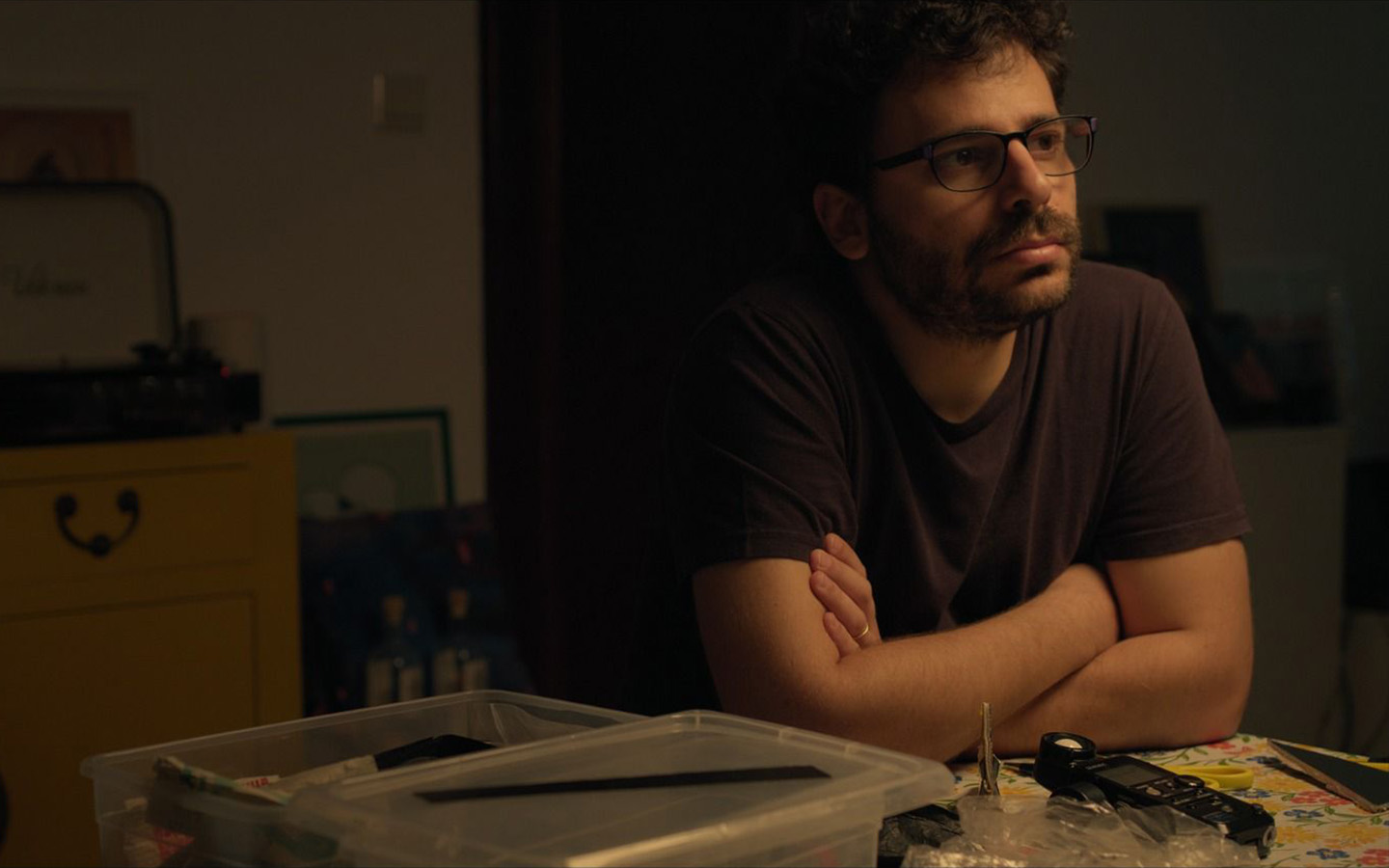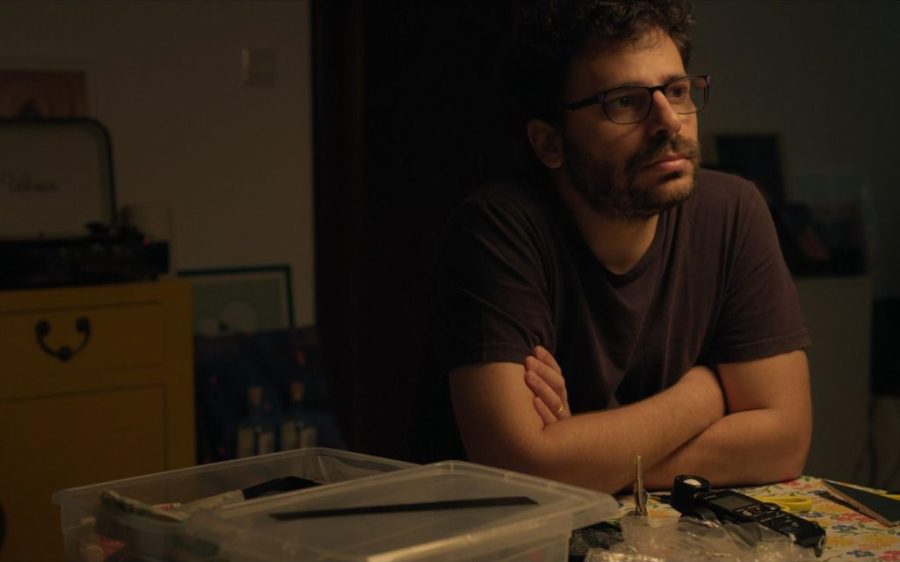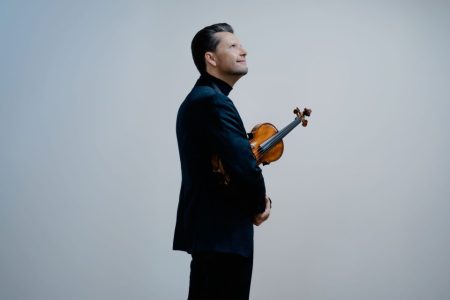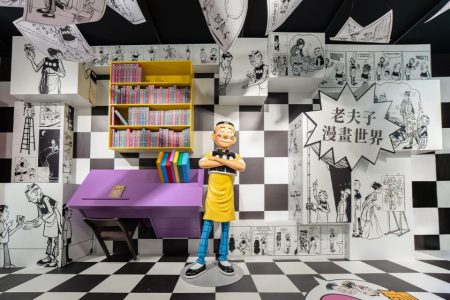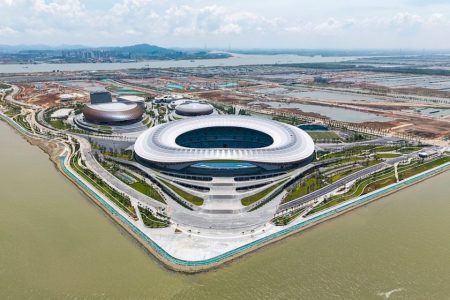A portmanteau of the words “heritage” and “people,” Heritople is the trilingual documentary directed by Macao-born filmmaker António Sanmarful. The film premieres at Cinematheque Passion this Saturday and stems from the pursuit of a sense of identity and belonging in a city that often looks to its past to define itself.
“More than focusing on what these monuments once were or represented, we were interested in understanding how people relate to the city’s heritage today” the 37-year-old filmmaker told Macao News. “Macao has always been a place of transition and migration, which makes the search for a sense of identity particularly challenging.”
The documentary, which has been sponsored by the Macao Foundation and produced by the International Institute of Macau (IIM), features first-hand testimonies from eight Macao-based individuals: Na Tcha Temple Association president Ip Tat; Macao Cultural Heritage Reinventing Studies Association president Harry Kwah Hou Ieong; IIM president Jorge Rangel; Macau Heritage Ambassadors Association president Matias Lao Hon Pong; O Santos restaurant owner Santos Pinto; secondary education teacher and Júbilo 31 bookstore founder Lin Yin Cong; architect André Lui Chak Keong; and Macanese Cultural Research Association President Elisabela Larrea.
[See more: Stroll through history: Explore Macao’s architectural heritage and unique ‘pátios’ courtyards]
The film explores the perceptions and relationships of these individuals to their culture and heritage, examining how such elements shape their identities. In addition to interviews, Heritople also features archival photos and footage from the 1999 handover, which the producers obtained from local broadcaster TDM.
Although no seats remain available for Saturday’s premiere, the International Institute of Macau (IIM) and the filmmaker plan to host additional screenings in the near future, as well as to showcase it at film festivals across the Portuguese-speaking world.
Macao News pulled up a chair with António Sanmarful to talk about his new documentary, bridging cultures and preserving Macao’s heritage.
What excited you about this project?
I was given total creative freedom by António Monteiro, from the IIM, something I value as a creative. Besides that, I love to meet new people and listen to their stories. I always have. That’s something I gained from my time living in Madrid, where I went to university.
You’ll often hear me ask Chinese friends to ask their grandparents about the handover. It’s interesting because, hearing from these people, I’ve realised that some Chinese – despite potentially feeling their pride hurt by seeing their land occupied – liked the Portuguese. Others did not, maybe thanks to some frustrating interaction with a public servant or overcomplicated red tape.
We [Portuguese] did good things and bad things. The handover should’ve happened earlier. It’s important to understand different points of view to narrow the cultural gap.
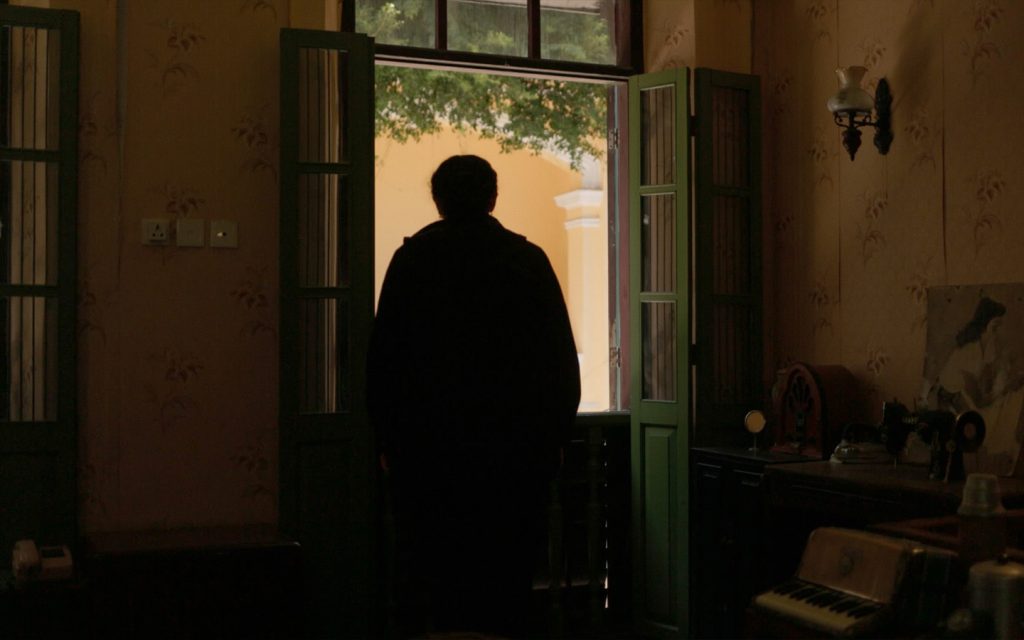
How has this approach been serving you in Macao?
So far so good. I smile, interact with people at the neighbourhood tea house, and they find it funny. Sure, sometimes it’s awkward, but when it goes well, it’s great.
How did you conceptualise Heritople?
At first we were going to talk about migration, and how people struggle to find a sense of belonging in Macao, making it hard to think about the future. Our governments and the people of Macao have a tendency to look at numbers like visitors, income and so on, to measure the quality of life when that’s not the only way to go about it.
But if we want people to stay and look at the city as their home rather than a temporary base, we need to give them reasons to stay, beyond economic security. People’s needs are a lot more complex than that. Heritople is our answer to that.
[See more: Diving into Macao’s past with João Botas, the history blogger behind Macau Antigo]
What new stories or places did you get to know in the making of this documentary?
It felt good to find people who love Macao as much as I do. We hear people criticise Macao all the time, at times it seems like everybody is here yet no one likes being here.
I discovered that this city is not only important to me but to many others with different backgrounds and cultures, and that’s wonderful.
So, in a way, this love for Macao is portrayed in Heritople?
I wouldn’t call it love, though. It’s more about sparking an emotional reaction towards the city through empathy, by hearing the stories of the people featured in the documentary. All emotions allowed.
How did you go about researching people and stories to feature in the documentary?
The base of my research was to find people who could voice or illustrate unique aspects of life in Macao. We featured Portuguese, mainland Chinese, and Macanese individuals in the documentary, which unfolds from their stories and viewpoints. We asked them why they moved to Macao, what they felt when they first arrived, how they feel now towards the city, why that changed, and so on.
Then one story led us to another. I also knew I wanted to talk to people who aren’t as well known.
[See more: Remembering Michael Rogge, the YouTuber who preserved old Macao through film]
How well do you think the different cultures in Macao relate, or do they not?
We still live divided lives, Portuguese and Chinese, so we need to build a bridge to connect the two. Once we bring that barrier down, we’ll lead better lives. But honestly, it’s hard to come up with a solution for that.
The idea behind Heritople is to try and foster empathy from all sides, and to show that people, though hailing from different places and having different cultures, are emotionally wired the same.
Who’ll watch it? Two hundred people? I don’t know, but maybe through more projects such as this, from different artists could help bridge cultures.
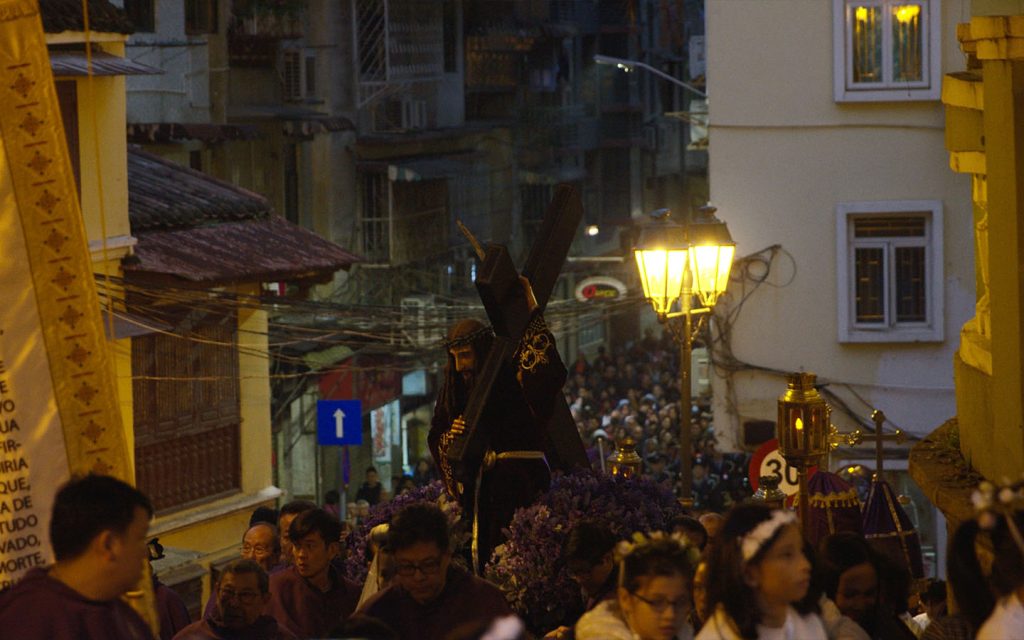
Given that Macao is increasingly being integrated into the Greater Bay Area, how important is it to document and preserve the city’s cultural legacy?
As far as architectural landmarks are concerned, a lot has been preserved.
China is just doing its job, and the long term goal could be ending the borders between Macao and the mainland, or Hong Kong and the mainland. But that’s complicated, our economies are fundamentally different.
It’s our responsibility – by our I mean the people who live in Macao and our government – to preserve our legacy. We need to make the city appealing not just to tourists, but also for those who want to settle here, by creating a city that’s livable. To me, personally, being based here and not trying to build something for the future would be counterproductive.
